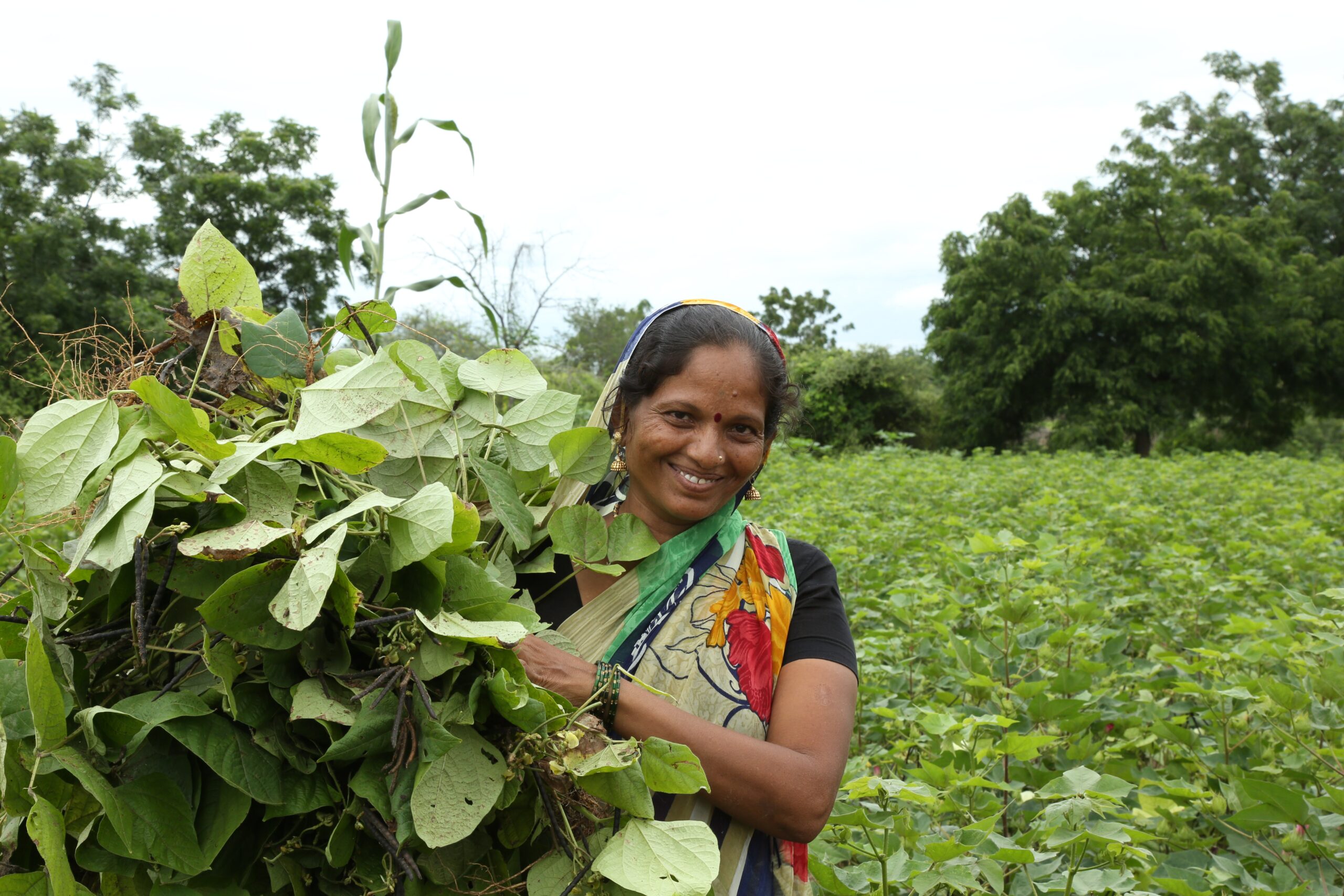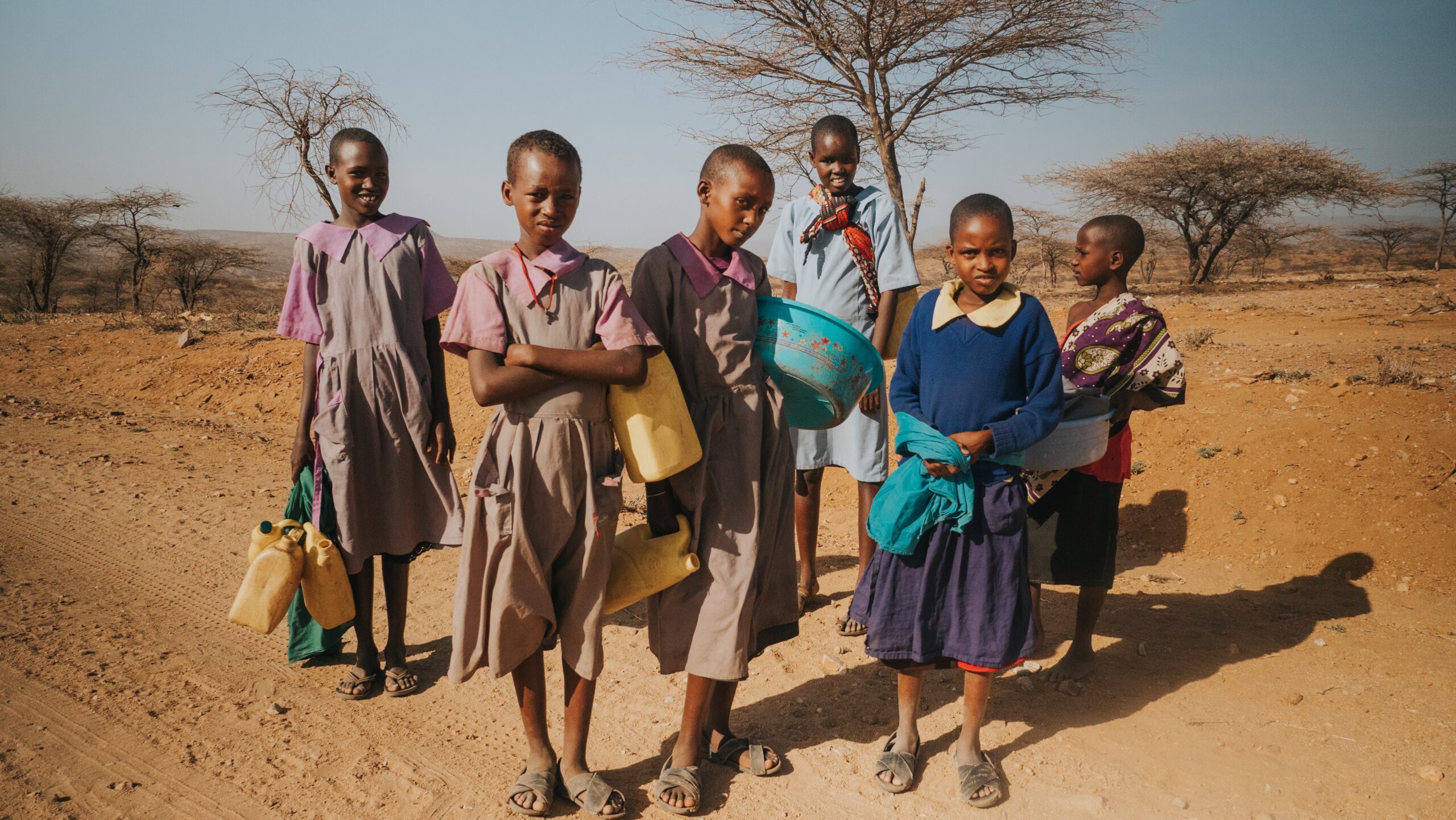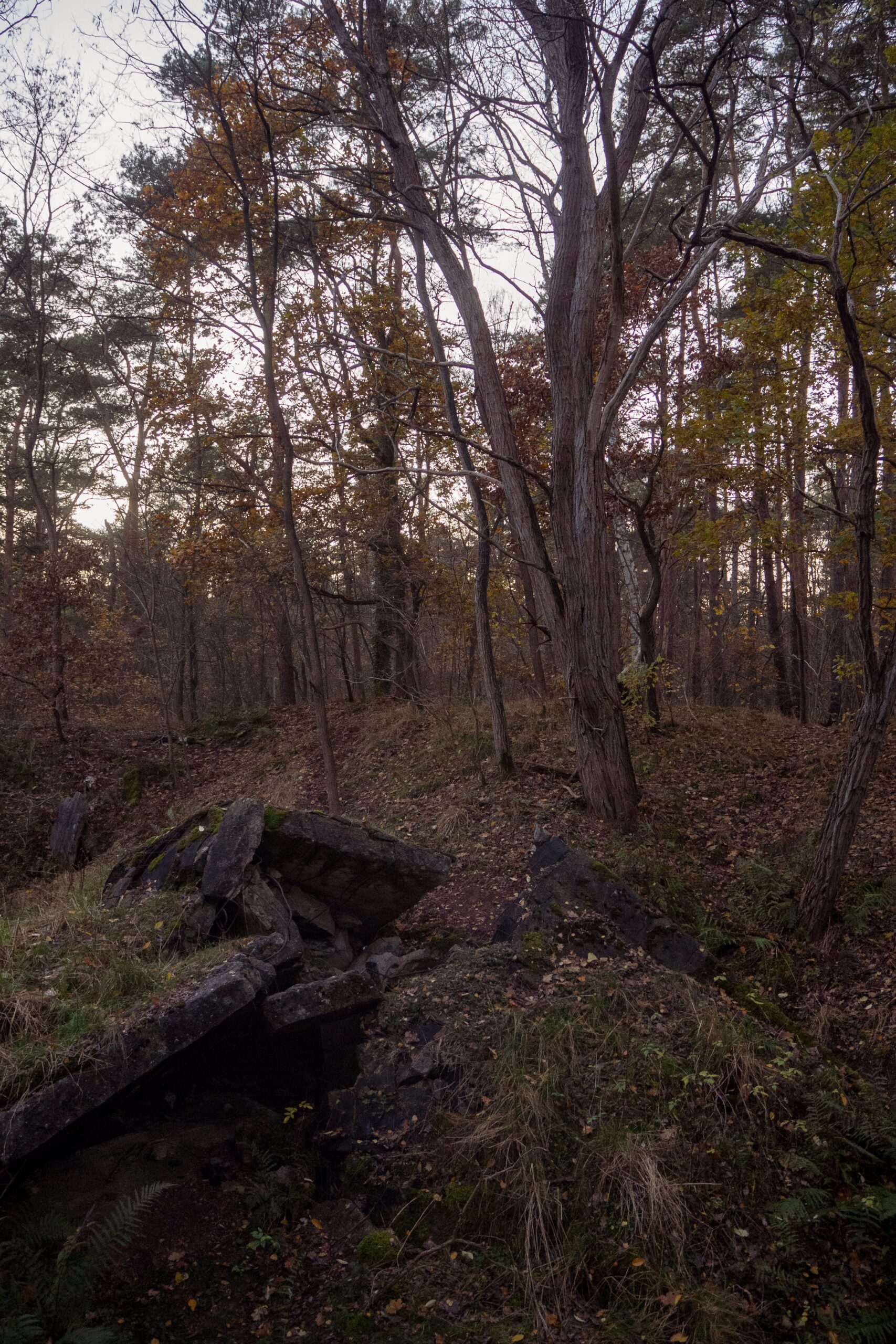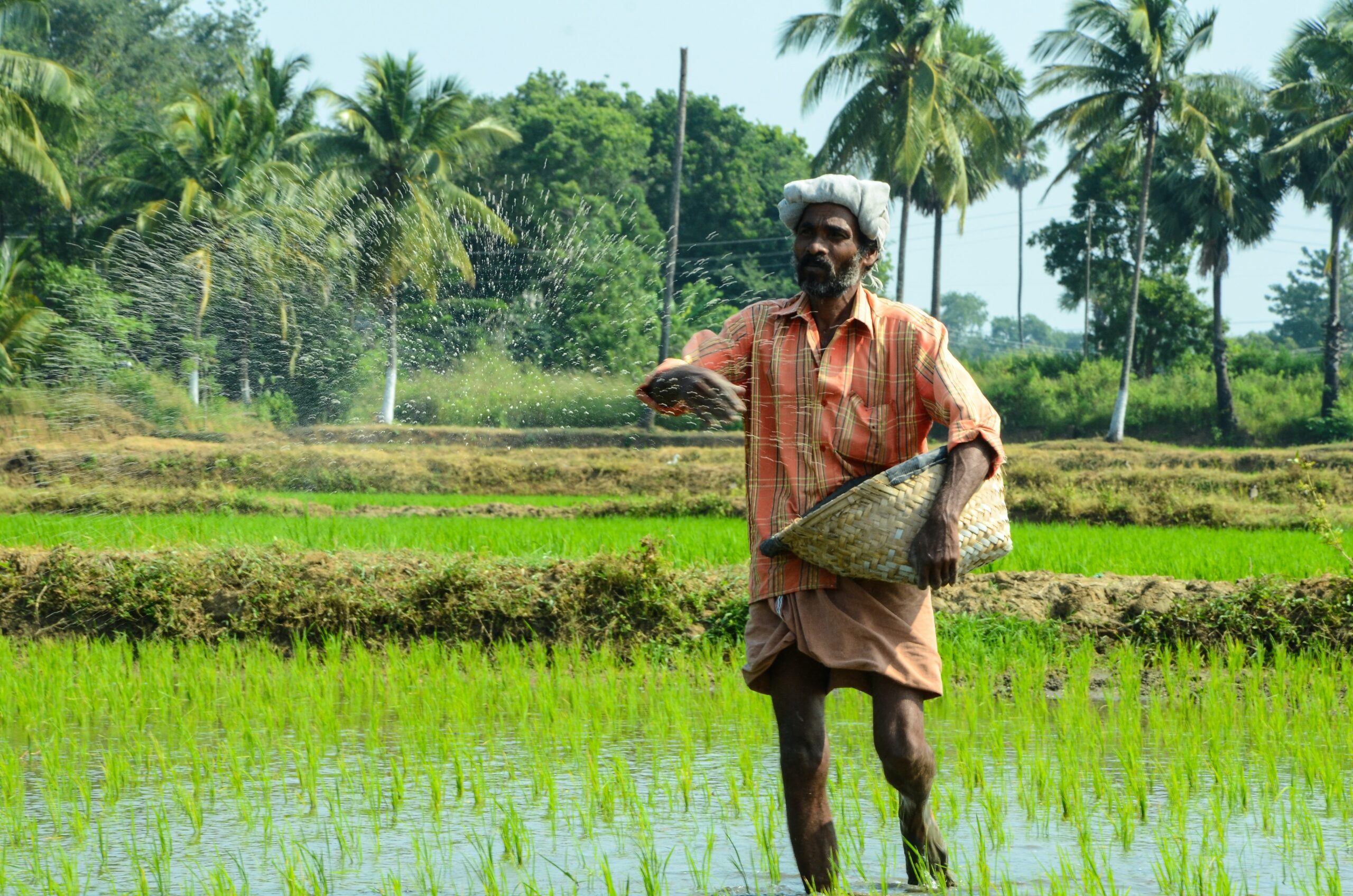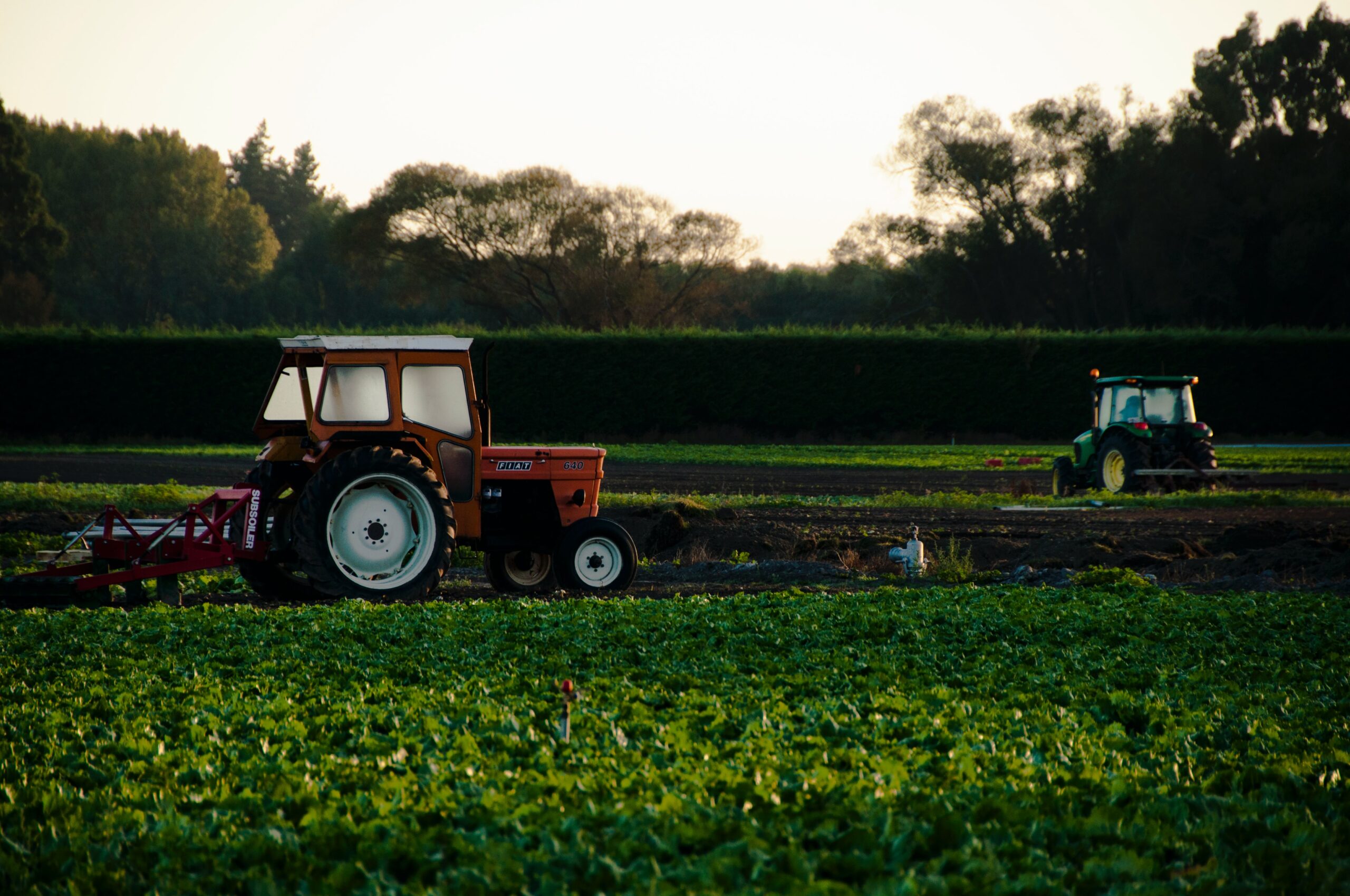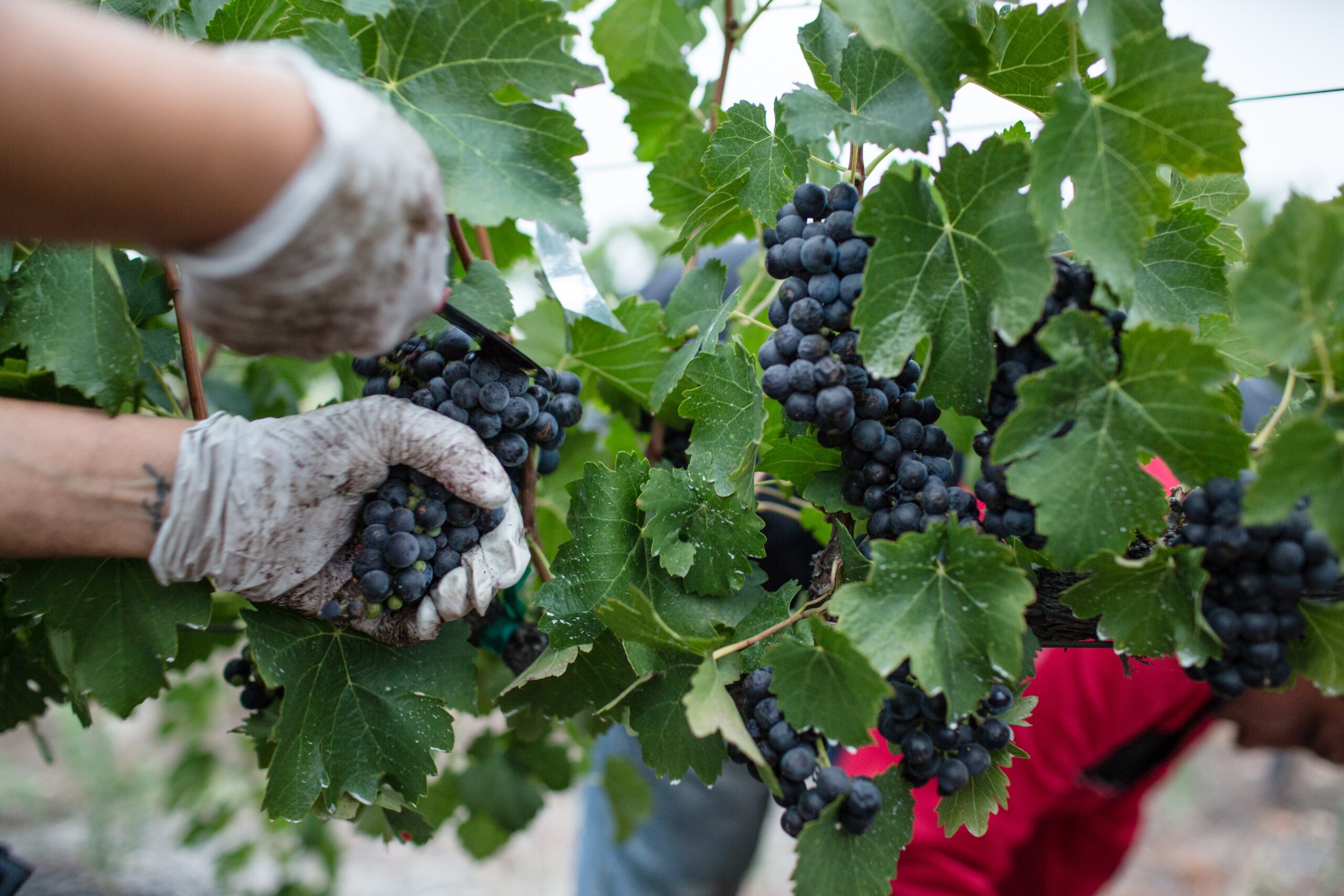Agroforestry can contribute to the mitigation of climate change while delivering multiple benefits to sub-Saharan farmers who are exposed to climate variability, land degradation, water scarcity, high disease burden and persistent poverty. But adoption is slow. Based on a critical problem solving approach and grounded theory as a strategy, we study agroforestry and subsistence agriculture as integrated, yet separate, socio-ecological systems with different organisational logics and temporal dynamics. Using ‘narrative walks’ as a qualitative method to construct grounded data, we explore the social and natural dimensions of the complex, diverse and uncertain landscape and life-worlds of subsistence agriculture. In the grounded analysis, we clarify how social stratification constructs incentives and disincentives to adopt agroforestry. To exemplify, food secure and opportunity seeking farmers may invest land and labour in trees, nurseries and social networks while risk evading farmers are constrained by the ‘food imperative’, the ‘health imperative’ and poverty in and of itself. By recognising material, symbolic and relational aspects we show how the ontology of global policies focussing on the merits of agroforestry differs from the ontology of everyday practices and strategies in subsistence agriculture. Such ontological stratification constitutes another constraint to agroforestry adoption as a comprehensive form of sociotechnological change.














































































































































































































































































































































































































































































































































































































































































































































































































































































































































































































